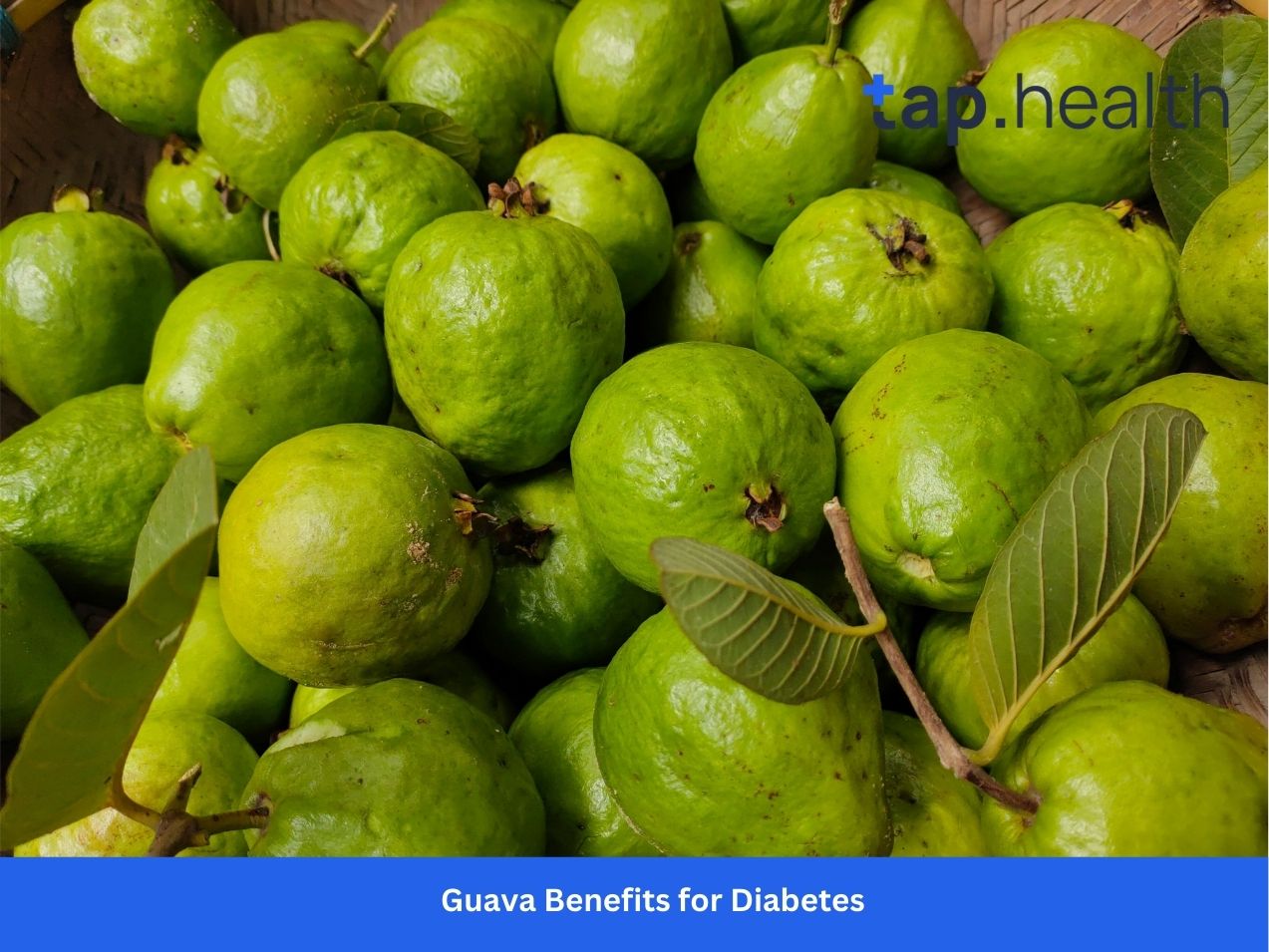Type 2 diabetes affects millions globally, requiring careful dietary choices to manage blood sugar levels effectively. Pomegranate, a nutrient-rich fruit, has gained attention for its potential benefits in diabetes management. This blog explores whether pomegranate is good for type 2 diabetes, its nutritional value, how it impacts blood sugar, and precautions to consider. With a focus on concise answers to common questions, we’ll dive into the science-backed benefits and practical tips for incorporating pomegranate into a diabetic-friendly diet.
What Nutrients Does Pomegranate Offer for Type 2 Diabetes?
Pomegranate is a powerhouse of essential nutrients that can support overall health, particularly for those managing type 2 diabetes. A medium-sized pomegranate (about 282 grams) provides:
- Calories: Approximately 105
- Fiber: 5 grams, aiding in blood sugar regulation
- Vitamins: High in vitamin C (immune support) and vitamin K (bone health)
- Minerals: Rich in potassium, which supports heart health
- Antioxidants: Contains polyphenols like punicalagins and ellagic acid, which combat oxidative stress
- Punicic Acid: An omega-5 fatty acid with anti-inflammatory properties
These nutrients make pomegranate a valuable addition to a diabetic diet, as they support metabolic health, reduce inflammation, and protect against oxidative damage, which is often elevated in diabetes.
How Does Pomegranate Affect Blood Sugar in Type 2 Diabetes?
Pomegranate may positively influence blood sugar control in several ways:
- Reduces Oxidative Stress: Antioxidants like punicalagins lower oxidative stress, which contributes to insulin resistance.
- Improves Insulin Sensitivity: Polyphenols activate AMP-activated protein kinase (AMPK), enhancing glucose uptake in muscles and reducing liver glucose production.
- Inhibits Carbohydrate Breakdown: Pomegranate compounds slow down enzymes that convert carbs into glucose, preventing blood sugar spikes.
- Supports Pancreatic Function: Enhances insulin production and release, crucial for blood sugar regulation.
- High Fiber Content: The fiber in pomegranate seeds slows sugar absorption, stabilizing blood glucose levels.
These mechanisms suggest pomegranate can help manage blood sugar, but it’s not a standalone solution and should complement a balanced diet and medical treatment.
What Are the Benefits of Pomegranate for Type 2 Diabetes?
Pomegranate offers several benefits that align with the needs of individuals with type 2 diabetes:
- Cardiovascular Health: Type 2 diabetes increases heart disease risk. Pomegranate’s antioxidants reduce oxidative damage and inflammation in blood vessels, lowering this risk.
- Improved Lipid Profile: Studies show pomegranate lowers total cholesterol, LDL cholesterol, and triglycerides while raising HDL cholesterol, supporting heart health.
- Blood Pressure Control: Pomegranate juice may reduce blood pressure, a common issue in diabetes that contributes to cardiovascular complications.
- Blood Sugar Regulation: The fiber and antioxidants in pomegranate help stabilize blood glucose levels, reducing the risk of spikes.
- Overall Nutrient Support: Vitamins C, K, and potassium support immune function, bone health, and electrolyte balance, enhancing general well-being.
These benefits make pomegranate a heart-healthy, diabetes-friendly fruit when consumed mindfully.
Is Pomegranate Juice Safe for Type 2 Diabetes?
Pomegranate juice is nutrient-dense but higher in sugar than whole fruit, which can affect blood sugar levels. Here’s what to consider:
- Sugar Content: Pomegranate juice lacks the fiber found in whole fruit, leading to faster sugar absorption.
- Moderation is Key: Small servings (4–6 ounces) may be safe if factored into daily carbohydrate intake.
- Whole Fruit Preference: Eating pomegranate arils provides fiber, which slows sugar absorption and supports better blood sugar control.
For those with type 2 diabetes, whole pomegranate is generally a better choice than juice to maximize benefits while minimizing blood sugar spikes.
How Much Pomegranate Can a Diabetic Eat?
There’s no universal amount, as individual dietary needs vary. However, general guidelines include:
- Serving Size: One medium pomegranate (about 282 grams) is typically safe as part of a balanced diet.
- Carbohydrate Counting: Monitor total carb intake, as pomegranate contains natural sugars.
- Personalized Advice: Consult a healthcare provider or dietitian to tailor pomegranate consumption to your blood sugar goals and medications.
Moderation ensures you enjoy pomegranate’s benefits without risking blood sugar fluctuations.
Can Pomegranate Juice Lower Blood Sugar?
While pomegranate juice may support blood sugar control due to its antioxidants and polyphenols, no specific amount guarantees lower blood sugar. Its effects depend on:
- Individual Factors: Diet, activity level, and metabolism influence outcomes.
- Comprehensive Management: Juice alone won’t significantly lower blood sugar. A holistic approach with diet, exercise, and medication is essential.
- Portion Control: Limit juice to small amounts to avoid sugar spikes.
For better blood sugar management, prioritize whole pomegranate and consult a healthcare professional.
Are There Side Effects of Pomegranate for Type 2 Diabetes?
Pomegranate is generally safe but has potential risks:
- Blood Sugar Spikes: Overconsumption, especially of juice, may raise blood glucose levels due to natural sugars.
- Medication Interactions: Pomegranate may enhance the effects of diabetes medications like metformin, potentially causing hypoglycemia.
- Allergic Reactions: Rare, but some individuals may experience allergies or digestive discomfort.
Always monitor blood sugar levels and discuss pomegranate consumption with your doctor, especially if you’re on medications.
Other Health Benefits of Pomegranate
Beyond diabetes, pomegranate offers broader health benefits:
- Antioxidant Protection: Reduces the risk of chronic diseases like heart disease and cancer.
- Anti-Inflammatory Effects: Helps manage chronic inflammation, supporting immune health.
- Digestive Health: Fiber promotes a healthy gut microbiome and regular bowel movements.
- Oral Health: Antimicrobial properties reduce harmful bacteria in the mouth.
- Cognitive Support: May improve memory and protect against neurodegenerative diseases like Alzheimer’s.
These benefits make pomegranate a versatile fruit for overall wellness.
FAQs About Pomegranate and Type 2 Diabetes
1. Can pomegranate cure type 2 diabetes?
No, pomegranate cannot cure type 2 diabetes. It may support blood sugar control and overall health but should be part of a comprehensive management plan with diet, exercise, and medication.
2. Are there contraindications for pomegranate with type 2 diabetes?
Pomegranate is generally safe but may interact with diabetes medications or cause blood sugar spikes if overconsumed. Consult a healthcare provider to ensure it fits your diet.
3. Is pomegranate safe for pregnant women with type 2 diabetes?
Pomegranate is typically safe, but pregnant women with type 2 diabetes should consult their doctor before adding it to their diet to account for individual health needs.
4. Can pomegranate juice replace diabetes medication?
No, pomegranate juice cannot replace diabetes medication. It may complement treatment but should not substitute prescribed therapies. Always follow medical advice.
How to Incorporate Pomegranate into a Diabetes-Friendly Diet
To safely enjoy pomegranate:
- Eat Whole Fruit: Choose fresh pomegranate arils over juice to benefit from fiber.
- Portion Control: Stick to one medium pomegranate or a small serving of juice (4–6 ounces).
- Pair Wisely: Combine with low-glycemic foods like nuts or yogurt to balance blood sugar.
- Monitor Blood Sugar: Check levels after consuming to understand your body’s response.
- Consult Professionals: Work with a dietitian to integrate pomegranate into your meal plan.
These strategies ensure pomegranate enhances your diet without compromising blood sugar control.
Conclusion
Pomegranate is a nutrient-packed fruit with promising benefits for type 2 diabetes, including improved blood sugar control, enhanced cardiovascular health, and reduced inflammation. Its antioxidants, fiber, and unique compounds like punicic acid make it a valuable addition to a diabetic diet when consumed in moderation. However, it’s not a cure and should be paired with a balanced lifestyle and medical guidance. By understanding its benefits, risks, and proper use, individuals with type 2 diabetes can enjoy pomegranate as part of a holistic approach to health.



